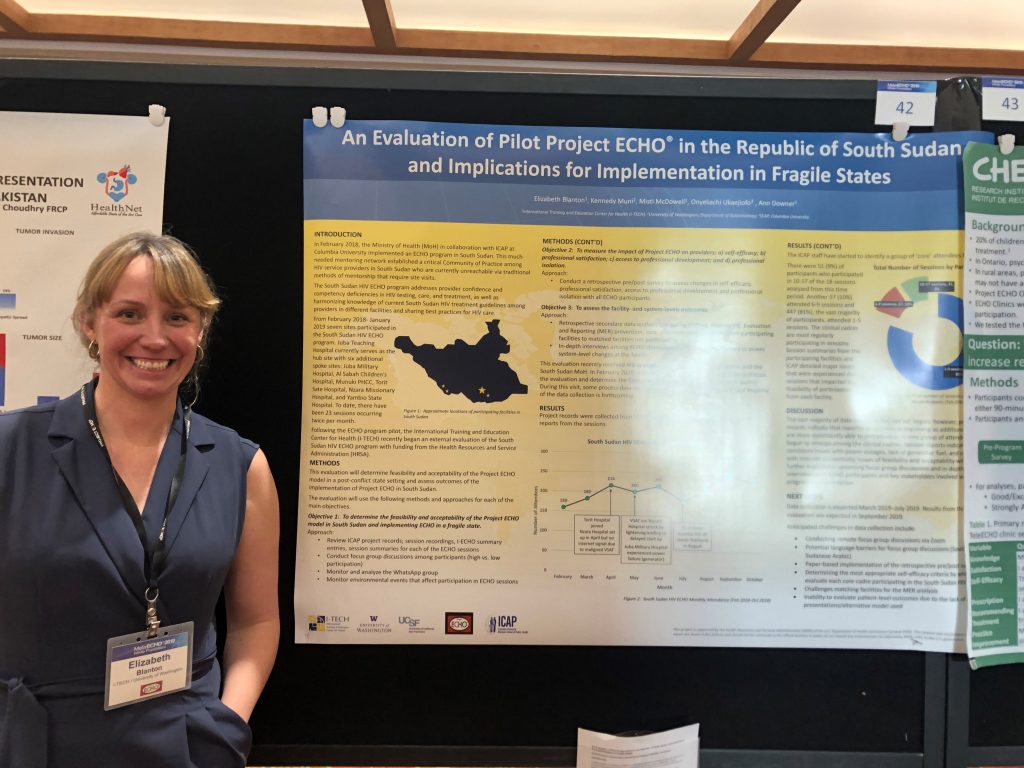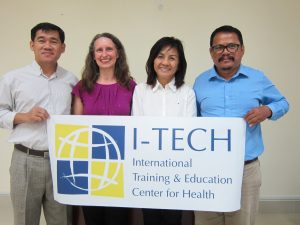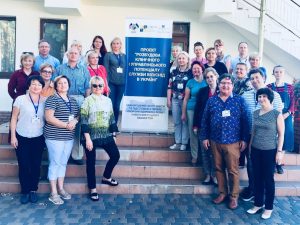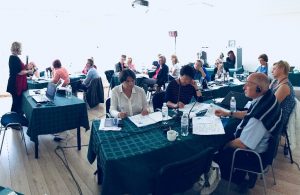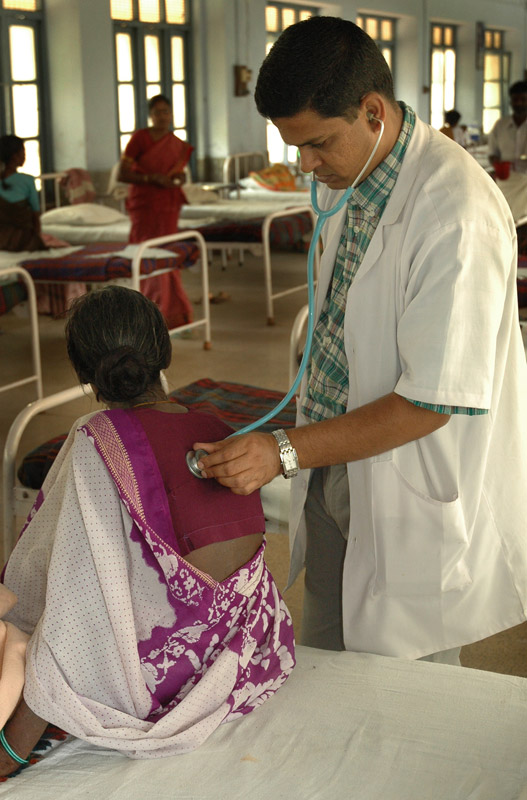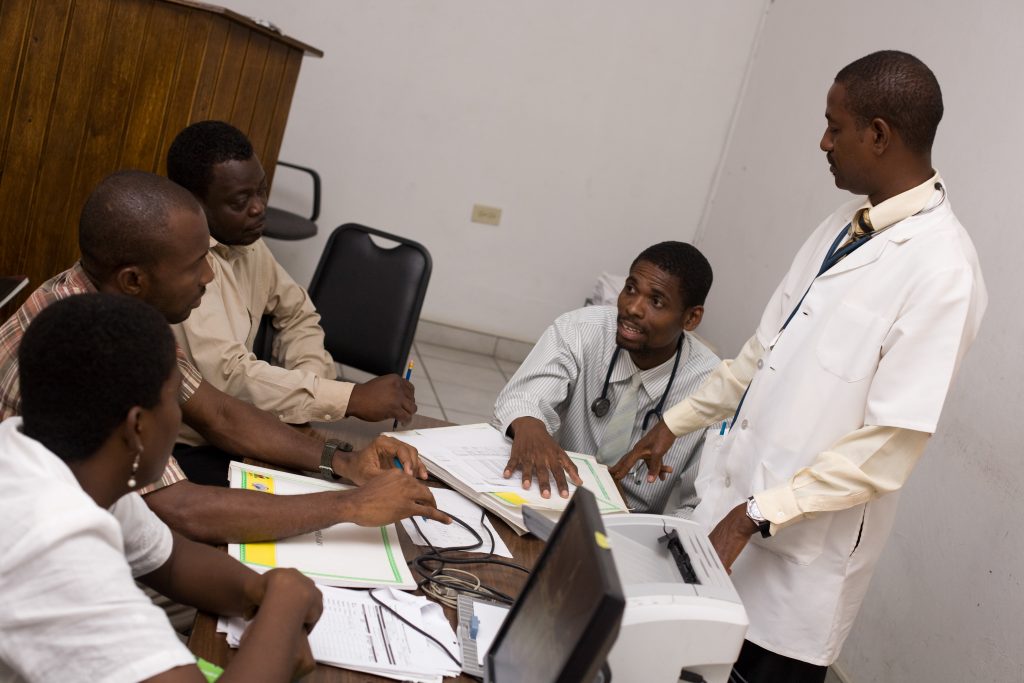I-TECH partners with the HIV/AIDS Coordinating Unit (HACU) of the Ministry of Health (MOH), the National AIDS Coordinating Committee (NACC) of the Office of the Prime Minister, and other local organizations to make accessible learning and capacity-building opportunities for all cadres of health care workers.
- Learning Management System (LMS): I-TECH and the University of Washington Department of Global Health’s eLearning Program (eDGH) collaborated to adapt an LMS for Trinidad and Tobago from the Jamaica LMS. The LMS for Trinidad and Tobago will support ongoing, standardized capacity-building of an increased number of health care providers in a cost-effective way. The LMS will also function as a monitoring and evaluation tool for training and skill building. I-TECH will support, develop, and adapt HIV course material and provide local administration and coordination support.
- Key Populations Preceptorship Web Modules: I-TECH is currently developing self-paced, eLearning training modules to improve providers’ knowledge, skill, and comfort in providing respectful and gender-affirming care for gay and bisexual men, other men who have sex with men, people of transgender experience, and people engaging in sex work. This module will be an adaptation of the innovative in-person Key Population Preceptorship (KPP) Program for Clinicians and will be made accessible on the I-TECH/eDGH LMS that is being developed. The modules will incorporate video recordings featuring local community members, modeling of best practices, and show interactive exercises.
- UW eDGH Online Courses: I-TECH, through eDGH and in collaboration with HACU and the NACC Office of the Prime Minister, provides online certification courses to health care providers in Trinidad and Tobago. Courses include: Clinical Management of HIV; Leadership and Management in Health; Fundamentals in Global Health Research; Policy Development and Advocacy for Global Health; Project Management in Global Health; Monitoring and Evaluation in Global Health; Fundamentals of Implementation Science; Wellbeing for Healthcare Professionals; and Global Mental Health.
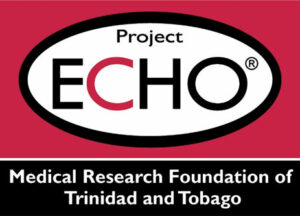 Medical Research Foundation of Trinidad and Tobago (MRFTT) HIV/STI Project ECHO® Series: In April 2019, I-TECH supported MRFTT, the HIV treatment site with the largest adult population in Trinidad and Tobago, to become an ECHO® hub site. The hub provides virtual clinical consultation support as well as brief didactic sessions for healthcare workers in Trinidad and Tobago on a range of medical/clinical and psychosocial topics, as well as those relevant to HIV care, treatment and support. Healthcare workers (HCWs) who have benefitted from the series not only include those from Trinidad and Tobago, but also HCWs from Haiti, Barbados, Bahamas, St. Vincent, Grenada, and Florida, USA.
Medical Research Foundation of Trinidad and Tobago (MRFTT) HIV/STI Project ECHO® Series: In April 2019, I-TECH supported MRFTT, the HIV treatment site with the largest adult population in Trinidad and Tobago, to become an ECHO® hub site. The hub provides virtual clinical consultation support as well as brief didactic sessions for healthcare workers in Trinidad and Tobago on a range of medical/clinical and psychosocial topics, as well as those relevant to HIV care, treatment and support. Healthcare workers (HCWs) who have benefitted from the series not only include those from Trinidad and Tobago, but also HCWs from Haiti, Barbados, Bahamas, St. Vincent, Grenada, and Florida, USA.- Management of HIV Infections Diploma Course: In 2014, I-TECH partnered with the University of the West Indies (UWI) – St. Augustine campus in Trinidad and Tobago to develop a blended eLearning course that enables HCWs to provide high-quality clinical management of patients living with HIV. This ten-month post-graduate diploma program is delivered through a series of online, self-paced courses taught by UWI faculty, and is augmented by synchronous virtual classroom discussions and hands-on, clinical practicum experiences. In recent years, I-TECH worked with the UWI to integrate extensive care and treatment content specifically focused on comprehensive care for key populations affected by HIV. The course is offered annually to healthcare workers from PEPFAR priority sites in the region. Course graduates include health care workers from Trinidad, Jamaica, Suriname, and Barbados.
